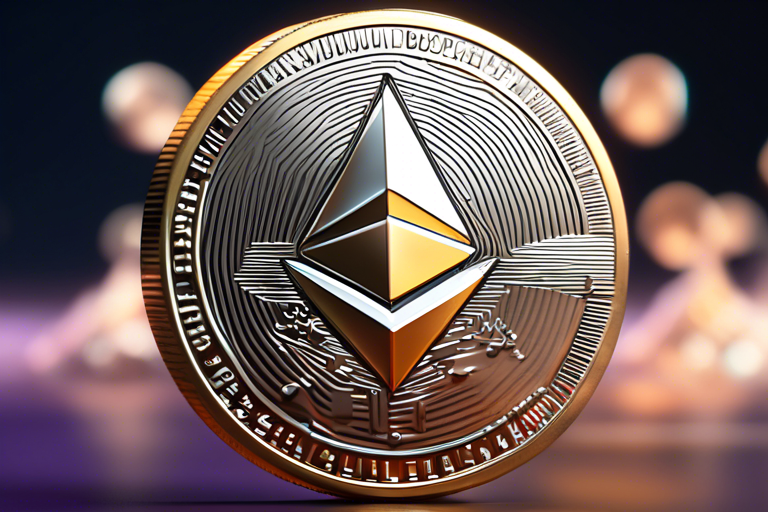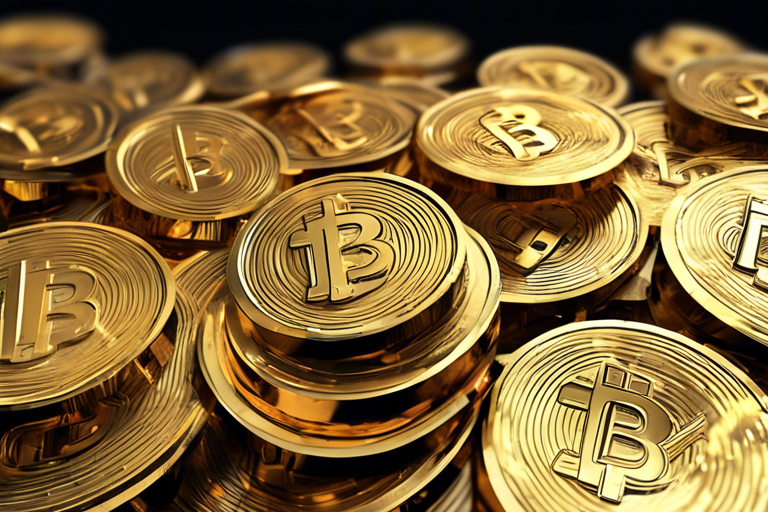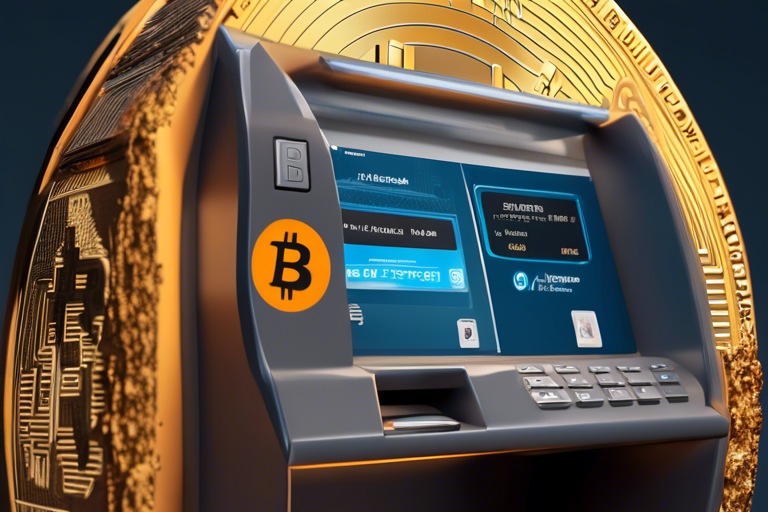Ethereum Enters a New Era with Record-Low Transaction Fees
Ethereum, the world’s second-largest blockchain platform, has ushered in a significant shift marked by remarkably low transaction fees. This development, the most substantial since 2016, has generated a wave of excitement within the cryptocurrency community. There is a growing optimism about increased adoption and a more accessible Decentralized Finance (DeFi) landscape.
Transition from Expensive to Affordable
Previously, Ethereum’s high gas fees, the fees associated with processing transactions on the network, had posed a significant barrier to entry for many users. At the peak of 2021, fees soared to a staggering 100 gwei, making transactions unaffordable for numerous users and impeding the network’s expansion.
- The recent substantial drop in fees presents a completely different scenario, with average fees now around 3 gwei (equivalent to a fraction of a US cent), making interactions on the Ethereum network much more economical.
- Initial reports about the record-low gas fees emerged from Wu Blockchain, a credible online source for cryptocurrency news. The information was later validated by Coinbase Director Conor, lending additional credibility to the reports.
Factors Behind the Fee Decline
Analysts attribute this significant fee reduction to a combination of factors. Recent network enhancements, particularly those aimed at enhancing efficiency, have played a key role in streamlining transaction processing. Additionally, the overall decrease in network activity, possibly stemming from a broader crypto market downturn, has also contributed to the reduced fees.
Visualizing Ethereum Fee Trends
YCharts provides a visualization tool for monitoring the Ethereum Average Transaction Fee. This tool enables users to track fee trends over time, offering valuable insights into network activity and user behavior.
Increased Accessibility for Users
The lowered fees present a more affordable entry point for users, especially those new to the cryptocurrency space. This accessibility paves the way for a broader participation in DeFi activities like lending, borrowing, and trading digital assets. A more inclusive Ethereum network could lead to a larger user base and a stronger DeFi ecosystem.
- Despite the benefits, some experts raise concerns about the long-term implications of these low fees. The Ethereum network relies on transaction fees to incentivize miners who validate transactions and maintain network security. Prolonged periods of exceptionally low fees could potentially impact network security and raise apprehensions about the ecosystem’s sustainability.
Hot Take: Embracing Ethereum’s New Era
Ethereum’s shift to record-low transaction fees marks a significant milestone in its evolution. The reduced fees open up new possibilities for users and the DeFi ecosystem, fostering greater participation and innovation. While there are concerns about the long-term implications of these fee reductions, the current landscape presents an exciting opportunity for the Ethereum community to explore new horizons and drive the platform’s growth.





 By
By
 By
By

 By
By
 By
By
 By
By